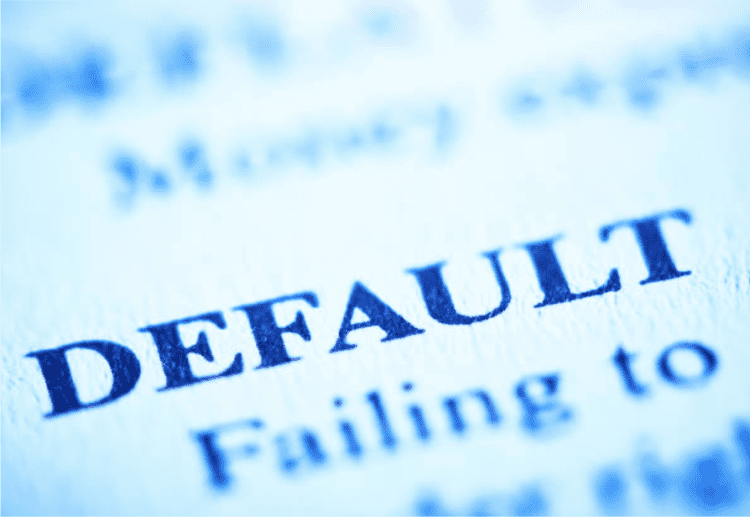The majority of repeat defaults by the same corporate debt issue are caused by industry stress said Moody’s recently.
Some 272 nonfinancial companies with public ratings have defaulted more than once over the past 25 years, with repeat defaults reflecting factors including industry stress, currency swings, company financial policies and regulatory changes, the firm noted.
Of the 1,887 rated companies that defaulted over the past 25 years, 14% defaulted more than once, Moody’s said.
"Industry stress is a leading cause of defaults, and repeat defaults, said Richard Morawetz, a VP-Senior Credit Officer at Moody's and the author of the report. "The energy sector accounted for the largest share of both overall defaults and repeat defaulters, reflecting the spate of defaults in the US following the plunge in oil prices during the commodity crisis in 2015-2016, with some lingering effects thereafter."
The media sector had the next highest level of defaults, with repeat defaults highly skewed towards the print and publishing segments, the credit rating agency pointed out.
This highlights the relentless pressure that the industry has faced from the trend of digital services, with a number of operators seeking to adapt, Moody’s added.
The firm forecasts the global speculative-grade default rate to rise from 1.7% in 2021 to about 3.8% by mid-2023 in its baseline scenario, but to remain somewhat below the long-term average of 4.1% since 1983.
Advanced and emerging markets defaults often have different catalysts for defaults, according to Moody’s.
In advanced markets, defaults are often the result of adverse industry trends or aggressive corporate financial policies, such as leveraged buyout structures which are more prevalent in those markets, the firm observed.
In emerging markets, macroeconomic pressures, regulatory changes or currency mismatches often lead to defaults, Moody’s said.
To some degree, the pandemic blurred the distinction by forcing business closures which contributed to defaults in both advanced and emerging markets, the firm added.




